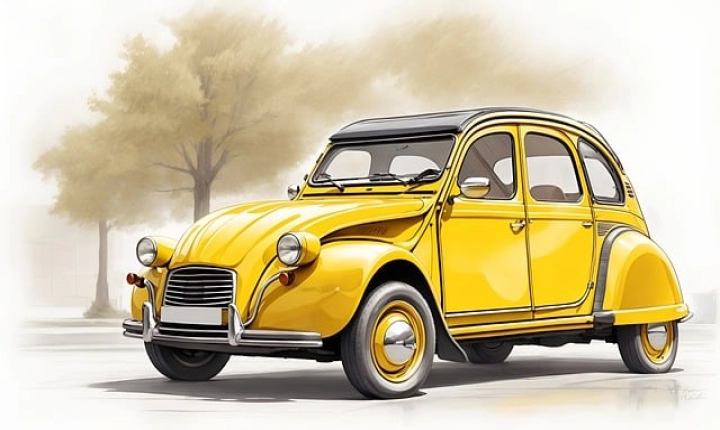Title: Can AI Beat the World’s Best Chess Player?
In the world of competitive chess, the battle between human intelligence and artificial intelligence has been an ongoing theme for decades. The game of chess has long been considered a testing ground for the capabilities of AI, and the question on everyone’s mind is: can AI beat the world’s best chess player?
Historically, the pinnacle of chess has been represented by human grandmasters, with figures like Garry Kasparov and Magnus Carlsen dominating the chess world. But with the advent of advanced AI systems, the landscape of competitive chess has been transformed. The introduction of AI-powered chess engines, such as Stockfish and AlphaZero, has redefined the limits of what is possible in the game.
The first major milestone in the battle between AI and human players came in 1997 when IBM’s Deep Blue defeated Garry Kasparov, then the world champion, in a highly-publicized match. This historic event marked a significant turning point, demonstrating that AI was capable of outmaneuvering a human chess prodigy.
Since then, AI has continued to advance at an astonishing rate, with algorithms becoming increasingly sophisticated and capable of analyzing more moves and positions than any human ever could. This has led to a surge in the development of AI-powered chess engines that have surpassed human capabilities in terms of raw calculating power and exploration of the game space.
One of the most notable examples of AI’s prowess in chess came with the development of AlphaZero by DeepMind, a subsidiary of Google’s parent company, Alphabet. AlphaZero’s self-taught approach to chess, combined with its ability to learn and adapt through reinforcement learning, allowed it to master the game at a level that surpassed any human and traditional chess engine.
In a series of matches against Stockfish, one of the strongest traditional chess engines, AlphaZero demonstrated a superior understanding of strategic concepts and an ability to play in a more organic and human-like manner. This was a clear indication that AI had reached a level of sophistication that could challenge and potentially surpass the capabilities of the world’s best human players.
The rise of AI in chess has sparked debates and discussions within the chess community about the role of human intuition, creativity, and emotions in the game. Some argue that the advent of AI has diminished the artistry and psychological warfare that are inherent to human competition, while others contend that AI has elevated the game to new levels of understanding and appreciation.
Despite the advancements in AI, human grandmasters continue to hold their own against the machines. The best players are not only highly skilled in calculating intricate variations and evaluating positions, but they also possess creativity, intuition, and an ability to understand and exploit their opponents’ weaknesses in ways that AI cannot fully replicate.
The question of whether AI can definitively beat the world’s best chess player remains open-ended. While AI has demonstrated an unprecedented level of play, human players still possess unique qualities that are difficult to quantify and replicate. The blend of human and artificial intelligence in the game of chess has the potential to redefine what it means to be a chess player and push the boundaries of human knowledge and understanding.
As technology continues to advance, the intersection of AI and chess will undoubtedly lead to new frontiers in the game. Whether AI will ultimately surpass human grandmasters or coexist with them in a new era of chess remains to be seen, but one thing is certain: the battle between human intelligence and artificial intelligence in the world of chess is far from over.
